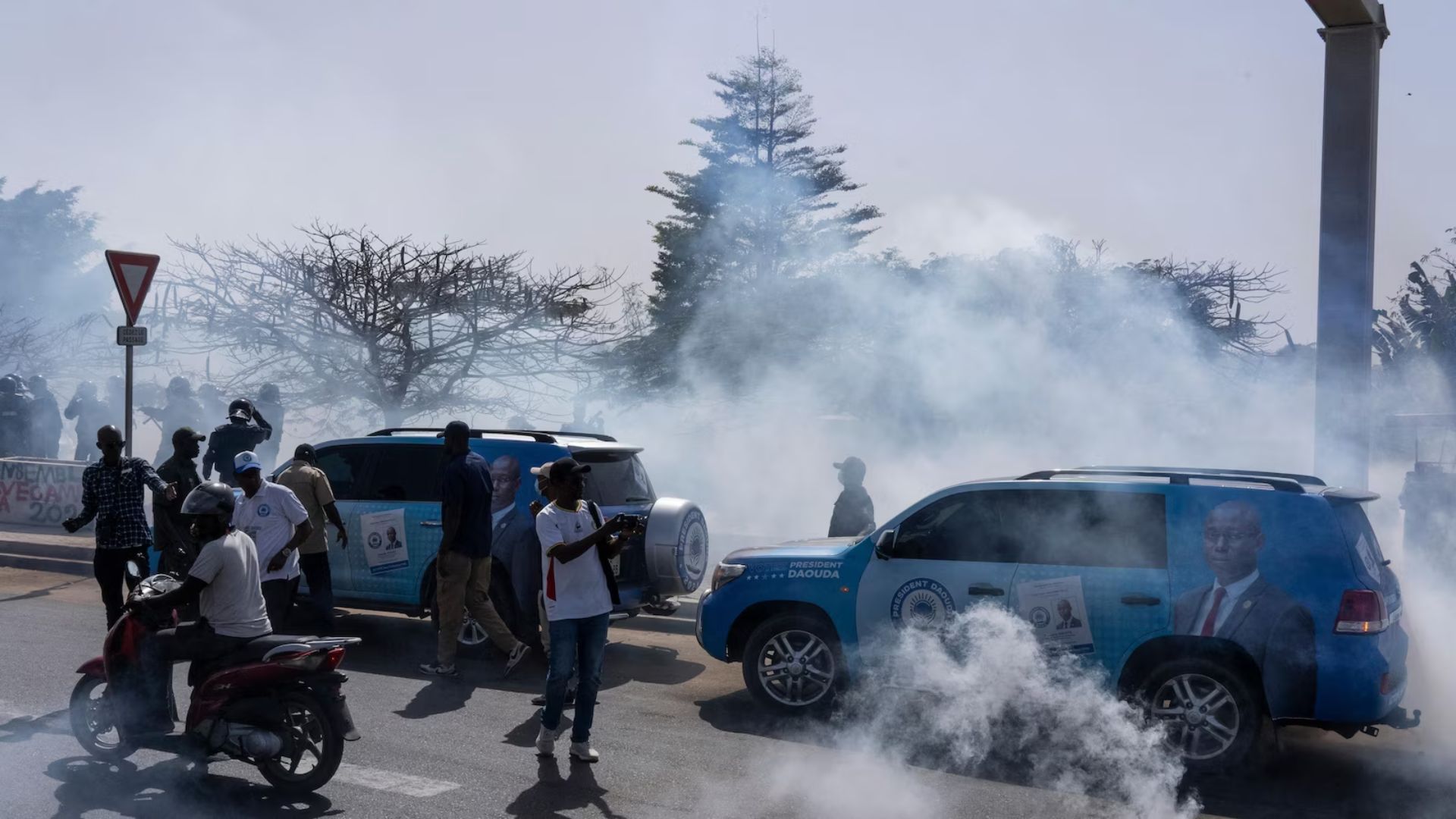Senegal temporarily suspended mobile internet on Monday morning, upping the tension in a country often described as one of the continent’s most stable democracies. Monday’s internet suspension, days after President Macky Sall postponed Presidential elections slated for February 25, is the third internet suspension in Senegal in the last nine months.
The government blamed ‘’the dissemination of several hateful and subversive messages relayed on social networks shutdown’’ for the shutdown following the same approach as the earlier shutdowns. Protests erupted on Sunday after President Macky Sall announced on Saturday that Presidential elections would be postponed for six months.
‘’Senegal’s government has again taken the abusive decision to shut down mobile Internet across the country. The implications are wide-ranging. People underestimate how many things in our daily lives are dependent on mobile internet,’’ Tidjane Deme, general partner at Partech, shared on X.
Political uncertainty in Senegal has worsened since June 2023 when Ousmane Sonko, a popular opposition leader, was arrested. Since his arrest, at least two prominent opposition candidates have been arrested, while others have been attacked by the police.
Residents in Dakar have taken to social media to share that they have had to use WiFi to access the internet. The Senegalese government arrested five people for selling Starlink terminals without the required licence or authorisation in August.
According to some estimates, Senegal lost $300,000 per hour due to the June shutdown. Sub-Saharan African countries lost $1.74 billion to government-induced shutdowns in 2023, according to a report by Top1vpn. Since the 2011 Arab Spring, internet shutdowns have become a frequent way African governments have sought to establish control. At least ten countries had internet shutdowns in Africa last year.





















